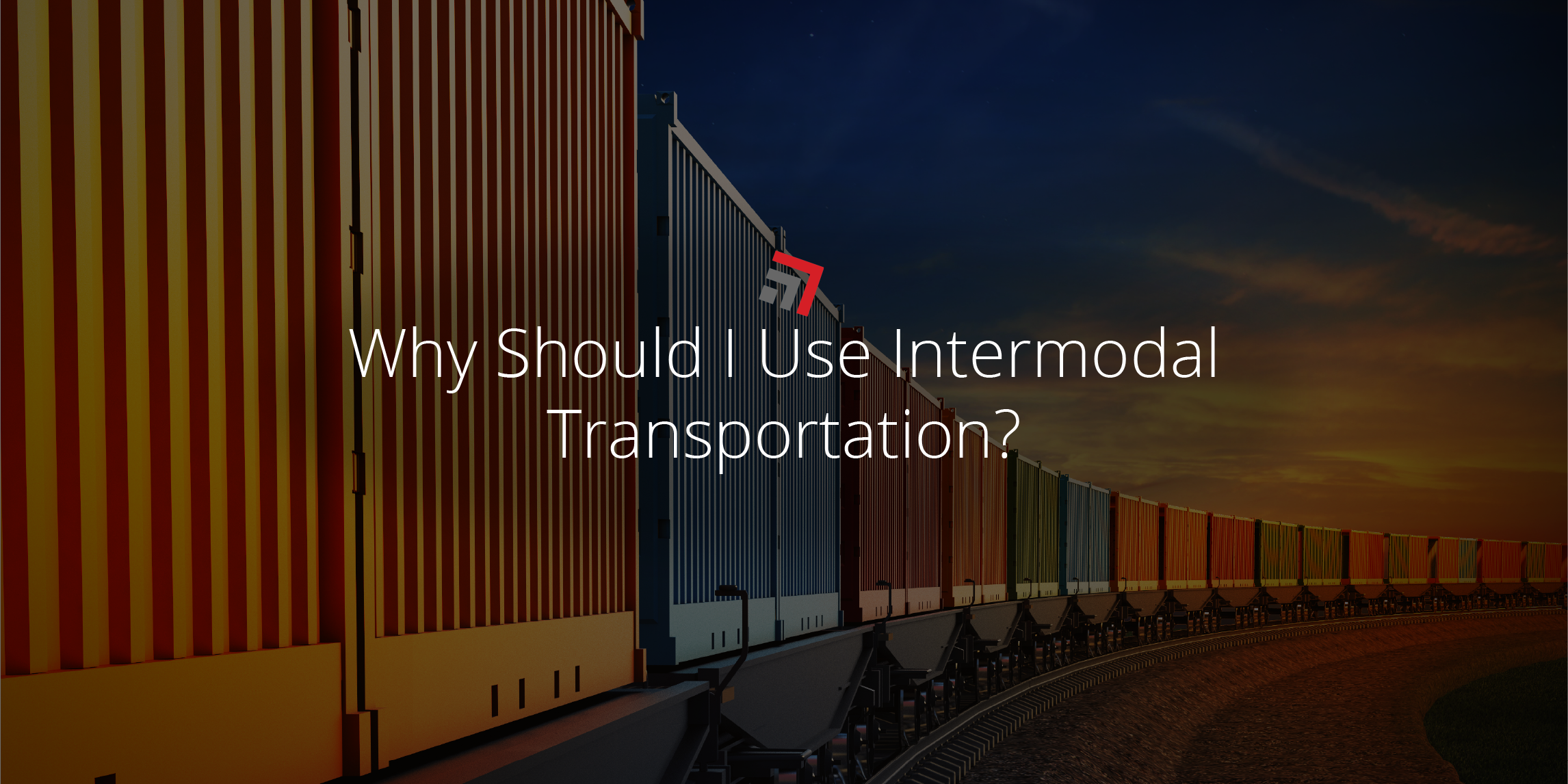The debate between rail or road has existed for as long as any of us can remember. Some companies refuse to use intermodal transportation, having been scarred by past negative experiences leaving them unable to trust the entire mode of shipping. However, others swear by it, claiming intermodal transportation saves their company time, resources, and money in the end.
If you’re on the fence about it, or frankly, you just can’t believe there’s anything redeeming about intermodal transportation, we understand where you’re coming from. But times have changed. What used to be an unreliable and antiquated mode of shipping is now boasting technology as fast, modern, and credit-worthy of any other mode of transportation.
Intermodal Transportation: When and Why You Should be Using It
Intermodal has quickly gained wind in the past several years. Intermodal used to be known for being slow and unreliable, however, several technological advances have put it at par with other leading modes of domestic and cross-border transportation. Here’s what you need to know regarding why and when you should use intermodal transportation:
1) Long Haul Transportation
As you may imagine, international transportation is incredibly beneficial for long haul transportation. Railroad tracks and trains are built with distance in mind, attempting to provide a solution to the question, “What’s the easiest way to get 4,400 tons of cargo across the U.S. in the most efficient and cost-effective manner?”
The general rule of thumb here is 750 miles; if you’re cargo need to travel 750 miles or more, intermodal transportation may be your best option.
2) Low to Medium Valued Products
Everyone opts for air shipping when it comes to high-risk, high-value cargo. It makes sense – your cargo is fingerprinted as few times as possible and transported quickly, leaving little room for damage to occur. But it’s expensive to use for all of your cargo.
If you have low to medium valued products, intermodal is the way to go. Intermodal allows you to transport a lot of cargo at a low cost, and while it’s not quite as secure as air shipping, it’s a solid option that will continue to get your shipments from point A to point B.
3) Reduced Costs
This is probably the primary reason shippers choose to ship via intermodal – you save a lot on your freight bill. Think about it:
An LTL shipper is working with only a few shippers, so they are divvyng up the cost of moving cargo across state lines between only a couple businesses. However, in intermodal, you’re grouped with dozens of other shippers, shipping via a paved rail route making shipping costs significantly lower.
4) Quicker Shipments
This one is probably a bit debatable, but generally speaking, the longer the haul, the quicker rail will be over road. In short distances there’s too much to take care of – getting the train in place, loading all the cargo, sending it off, and doing the same at destination. However, for long haul distances, there’s no comparison. Unlike road traffic that has to deal with lights, traffic, and unexpected road construction or crashes, intermodal transportation has a predetermined route without the inconveniences of road traffic. This means that generally speaking, for longer transportation you can bank on intermodal shipping being a bit quicker than LTL or truckload.
If you have any other questions, our team would be happy to help. Feel free to reach out to us!



Recent Comments